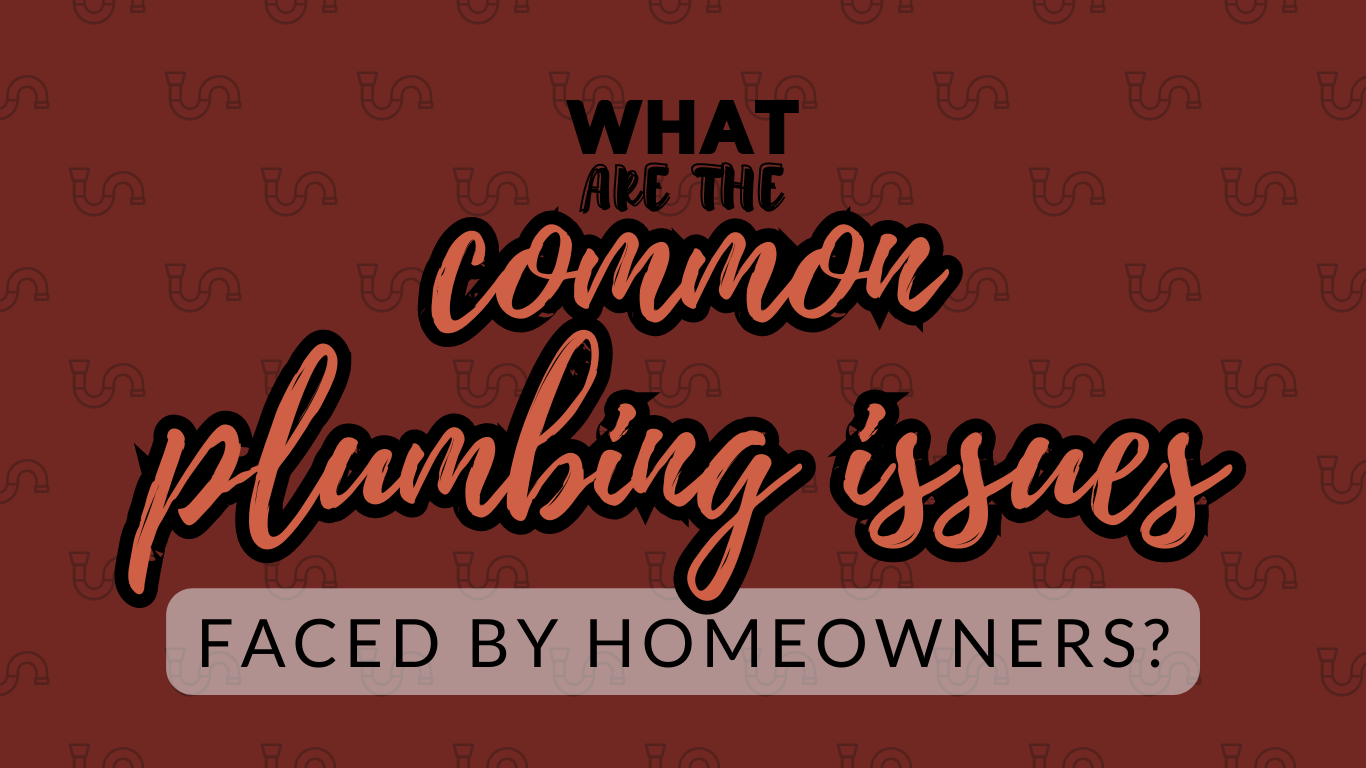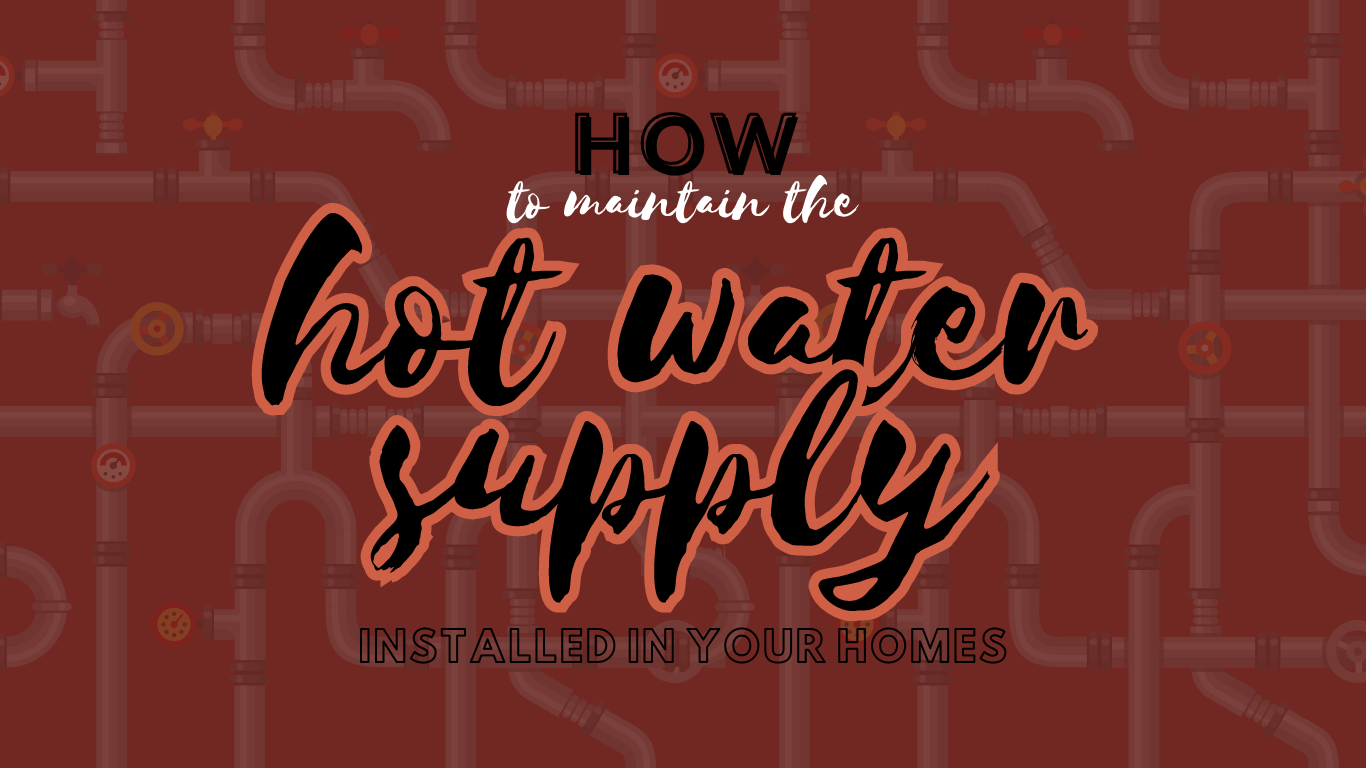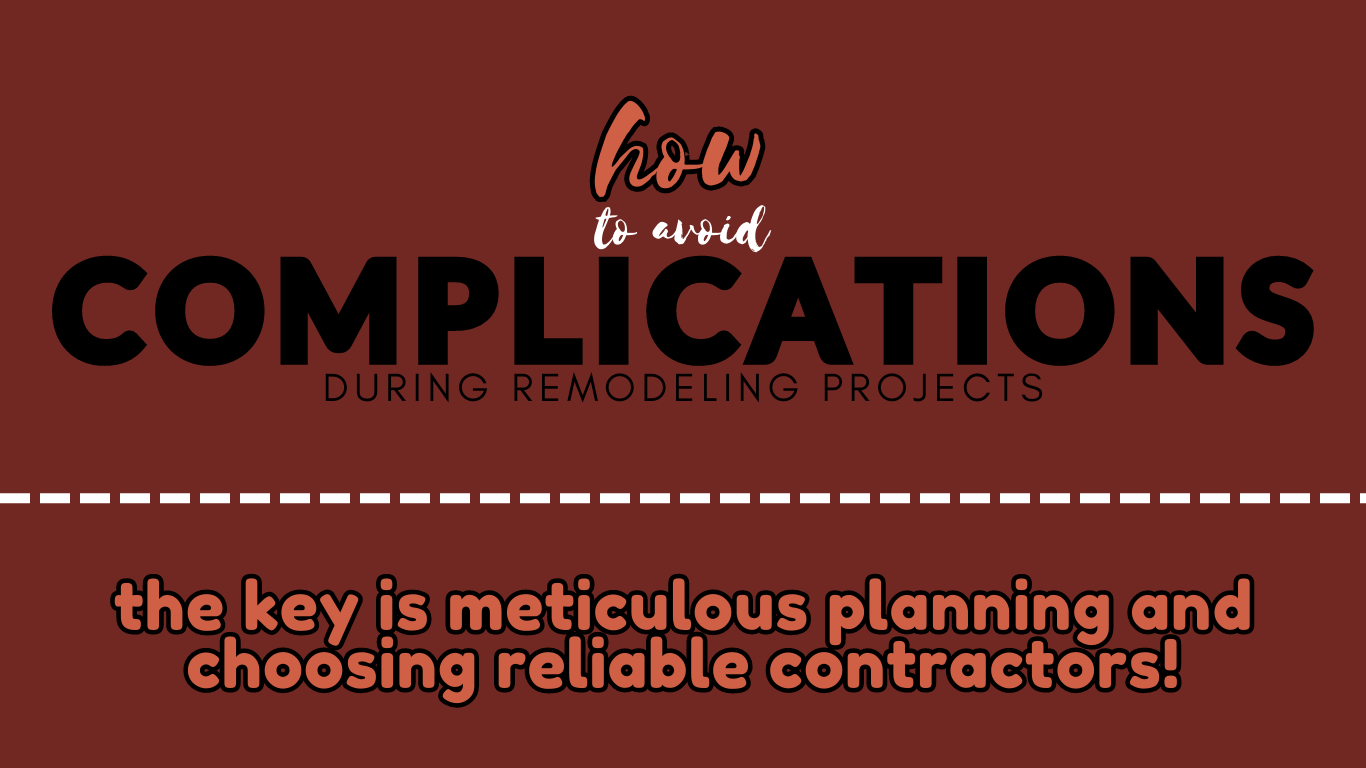Plumbing issues are a common concern for homeowners in Franklin, Tennessee, and can lead to significant inconveniences if not addressed promptly.
From dripping water faucets and clogged drains to low water pressure, these problems can disrupt your daily routines and even cause structural damage over time.
In this comprehensive guide, we delve into the most prevalent plumbing issues that households encounter.
We’ll explore the impacts of these issues on your home’s functionality and how they may affect the larger components of your plumbing system.
We also discuss the challenges posed by cold weather on plumbing systems, focusing on preventive measures against frozen pipes.
Furthermore, you’ll learn about maintaining an efficient hot water supply through regular maintenance checks for water heaters.
Beyond addressing immediate concerns, we will touch upon environmental considerations regarding untreated sewage and urban wastewater treatment facilities’ role in managing such situations.
Finally, we offer insights into when it’s best to seek professional help for plumbing repairs versus attempting DIY solutions, as well as tips to avoid complications during remodeling projects involving extensive plumbing work.
Table Of Contents:
- Common Plumbing Issues in Homes
- Low Water Pressure Problems
- Challenges Posed by Cold Weather on Plumbing Systems
- Maintaining Your Home’s Hot Water Supply
- Environmental Considerations Regarding Plumbing Issues
- DIY vs Professional Help for Plumbing Repairs
- Avoiding Complications During Remodeling Projects
- FAQs in Relation to Plumbing Issues
- Timely attention to common plumbing issues ensures a smoothly functioning system, saving you money and preventing water damage.
Common Plumbing Issues in Homes

As a homeowner, you’re bound to face plumbing issues at some point.
From minor inconveniences to major headaches, these problems can disrupt your daily routine and even cause significant damage if not addressed promptly.
Let’s take a look at some of the most common plumbing problems and how to deal with them.
The Annoyance of Dripping Faucets
A dripping faucet can be an aggravating issue, as well as a source of unnecessary water expenditure.
It’s usually caused by worn-out internal tank components or improper installation.
If you notice your faucet dripping persistently, consider replacing the washer or calling in a professional plumber for assistance.
Dealing with Clogged Drains
Clogged drains are another frequent issue in homes that can lead to unpleasant odors and slow drainage.
Hair buildup, soap scum, food debris, and foreign objects lodged within pipes are common culprits.
While there are many DIY methods available online, like using a plunger or vinegar-baking soda solution to unclog drains, these might not always be effective.
For stubborn blockages or recurring major issues with clogs, it’s best to enlist the help of professional plumbers who have specialized tools for drain cleaning.
By being proactive about identifying signs of trouble early on, such as persistent drips from faucets or slow-draining sinks, you’ll save yourself considerable stress down the line while also conserving valuable resources like water.
Don’t let plumbing issues get the best of you – tackle them head-on and keep your home running smoothly.
Low Water Pressure Problems
Ever turned on your faucet only to be met with a weak trickle of water?
You’re familiar with the frustration of low water pressure.
This common issue can make simple tasks like washing dishes or taking a shower unnecessarily difficult.
Causes of Low Water Pressure
Several potential causes for this problem exist. Old pipes that have become corroded and blocked over time can cause the flow of water to decrease.
Another possibility is that there’s an issue with your home’s plumbing system itself – perhaps leaking pipes or faulty valves somewhere in the network.
In some cases, it might even be caused by municipal supply issues; if your local water authority is carrying out repairs or upgrades, it could temporarily affect your home’s water pressure.
How to Fix Low Water Pressure
Finding a solution depends largely on identifying the root cause:
- Cleaning aerators: If only one faucet has low pressure, it may simply need its aerator cleaned or replaced. The aerator is found at the end of most faucets and can collect mineral deposits over time which block water flow.
- Pipe inspection: For more widespread problems affecting multiple outlets in your house, consider calling professional services like TN Pipemaster. They’ll inspect all aspects of your plumbing fixtures, from valves to pipes ensuring any leaks are detected and repaired promptly.
- Municipal supply issues: If neighbors also report low pressure, then contacting local authorities would help determine whether they’re working on pipelines which might disrupt normal service momentarily.
Dealing with low water pressure can be frustrating, but understanding its causes goes a long way toward finding effective solutions.
Whether through DIY fixes for minor problems or seeking professional help when necessary from reliable contractors such as TN Pipemaster, who specialize not just in regular but also in emergency plumbing projects.
Low water pressure is a common plumbing issue that can be caused by various factors such as old pipes, leaks, or municipal supply problems. Low water pressure can be easily fixed by cleaning aerators for minor issues or by calling professional services like TN Pipemaster to inspect and repair the plumbing system for more widespread problems. Understanding the causes of low water pressure helps in finding effective solutions and dealing with this frustrating problem.
Challenges Posed by Cold Weather on Plumbing Systems
Cold weather can be a real pain, especially for your home’s plumbing system.
Freezing temperatures pose a significant risk of pipes bursting if you don’t take preventative measures.
Risks of Freezing Temperatures
The primary concern during freezing conditions is water pooling within pipes, turning into ice.
This process causes an increase in pressure inside the pipe, which can lead to its rupture, resulting in costly repairs and potential water damage to your property.
Furthermore, frozen pipes can disrupt your regular water supply, causing inconveniences such as a lack of hot water or no running water at all.
Preventive Measures Against Frozen Pipes
For these types of scenarios, simple adjustments don’t work, but luckily, you can take several steps to prevent this from happening:
- Insulate Your Pipes: Pipe insulation is one of the best ways to protect against freezing temperatures. It works by providing a barrier between the cold air and your pipes.
- Maintain A Steady Temperature: Keeping a consistent temperature in your home both day and night helps reduce the chances of freezing occurring within your pipelines.
- Drip Your Faucets: Leaving faucets slightly open so they drip continuously prevents pressure buildup that could cause a pipe and fill tube burst. The Red Cross recommends this method, particularly for faucets served by exposed pipes.
- Seal Off Access Points: To keep cold air away from your plumbing system, seal off any access points, such as vents or openings around outdoor faucets, using caulk or insulation materials.
If, despite taking preventive measures, you still end up with frozen pipes, don’t panic.
The first step should always be shutting off the main water supply, followed by contacting professional help like TN Pipemaster, which specializes in plumbing emergency services, including dealing with issues related to extreme weather conditions.
Remember that attempting DIY solutions without proper knowledge might result in more harm than good, potentially leading to further complications and expensive repair costs down the line.
Cold weather can cause frozen pipes, which can lead to ruptures and costly repairs. To prevent this, insulate your pipes, maintain a steady temperature in your home, drip faucets to relieve pressure buildup, and seal off access points. If you still end up with frozen pipes despite preventive measures, shut off the main water supply and contact professional help like TN Pipemaster for emergency plumbing services.
Maintaining Your Home’s Hot Water Supply

No fun when the shower’s chilly.
Keep your hot water flowing with regular maintenance checks for your water heater.
Don’t forget to take safety precautions when handling these units.
Importance of Regular Maintenance Checks for Water Heaters
Maintaining a water heater properly can ensure it operates for up to 15 years.
Keep your unit running smoothly by draining the tank annually to remove sediment buildup.
Faulty flapper valves?
Replace them as soon as possible.
If you’re not sure how to perform these tasks, call in an expert.
Safety Precautions When Handling Water Heaters
Don’t let your water heater become a hazard.
Keep flammable items away from the unit and install a carbon monoxide detector near gas-powered heaters.
Carbon monoxide leaks are silent but deadly.
Early detection saves lives.
If you’re uncertain of how to maintain your system or require assistance, it’s best to seek professional help.
At TN Pipemaster, we offer both emergency plumbing services and routine check-ups.
Take steps now to avoid potential issues later.
Invest a little time and effort now to save yourself a lot of headaches down the line.
Environmental Considerations Regarding Plumbing Issues
When it comes to plumbing issues, we often focus on immediate inconveniences like clogged drains or leaking faucets.
But we must also consider the broader environmental implications.
Improperly managed sewage and wastewater can have severe impacts on our environment.
Implications of Untreated Sewage on the Environment
Releasing untreated sewage into the environment can lead to a variety of problems.
Untreated sewage can cause water contamination, damage aquatic life, and even lead to serious illnesses such as cholera and dysentery.
Eutrophication, caused by nutrient pollution in bodies of water, is a major issue resulting from the release of untreated sewage.
Role of Urban Wastewater Treatment Facilities
Urban wastewater treatment facilities play a crucial role in managing waste produced by buildings.
These facilities treat sewage before releasing it back into nature by removing harmful substances and pathogens through various processes, including physical separation (such as sedimentation), biological treatments (like the activated sludge process), and chemical treatments (for example, chlorination).
Homeowners also have a part to play in dealing with plumbing issues at home:
- Maintain your septic system: Regular maintenance checks ensure that your septic system functions optimally, thereby preventing leaks that could contaminate local groundwater sources.
- Avoid flushing non-degradable items: Flushing items such as wet wipes or sanitary products down toilets causes blockages, leading to overflow tubes of raw sewage into the environment.
- Sustainably dispose of cooking oils and fats: Rather than pouring them down the kitchen sink, which causes pipe blockages, collect them separately and dispose of them responsibly. Recycling centers offer this service.
Taking care of how we handle waste within our homes, coupled with efforts made at a larger scale on the municipal level, will go a long way towards minimizing the negative impact plumbing has on our natural surroundings.
Let’s take action to safeguard our environment and sustain life for future generations by preserving biodiversity.
Remember, every drop counts, so let’s make each one count positively.
Plumbing issues can have negative environmental impacts, such as contaminating water sources and harming aquatic life. Urban wastewater treatment facilities play a crucial role in managing waste produced from buildings by removing harmful substances and pathogens through various processes. Homeowners also have a part to play in dealing with plumbing issues at home by maintaining their septic system, avoiding flushing non-degradable items down toilets, and sustainably disposing of cooking oils and fats.
DIY vs Professional Help for Plumbing Repairs
The reply to the inquiry of whether one should attempt plumbing repairs themselves or enlist a professional largely depends on how complex the issue is and their own capability.
While some minor issues can be handled with a bit of DIY know-how, others may require professional intervention.
The Scope for DIY Plumbing Repairs
If you’re dealing with simple tasks like replacing a worn-out washer in a faucet or unclogging a drain using tried-and-tested methods, then these are perfect opportunities for DIY enthusiasts. With plenty of online resources available that provide step-by-step instructions, even novices can handle such problems effectively.
- Faucet repair: A dripping faucet is usually caused by an old or damaged washer. Replacing this component is straightforward and doesn’t require specialized tools.
- Clogged drains: Often, clogs can be cleared using household items like vinegar and baking soda or by employing mechanical solutions such as plungers and drain snakes.
The Need for Professional Plumbing Services
In contrast, more complex issues necessitate calling professionals like TN Pipemaster, who has extensive experience handling residential and commercial plumbing repairs.
Problems such as pipe replacement due to corrosion or leaks behind walls are best left to experts because they involve significant work that could potentially damage your property if not done correctly.
- Pipe replacement: This involves cutting out sections of pipe, applying new fittings, and ensuring everything are sealed properly – all while avoiding potential hazards like gas lines or electrical wiring.
- In-wall leaks: Detecting these require special equipment; fixing them might entail opening up walls – something best left to those experienced in structural modifications.
Above all else, remember safety first. Whether you choose DIY methods or opt for the professional help from companies offering emergency plumbing services, always ensure proper precautions are taken when working around water sources and electricity to avoid accidents and injuries.
It’s also important to note any changes observed during the process for future reference in case a similar issue arises again.
When weighing the pros and cons of DIY versus professional help, consider all relevant factors to make a well-informed decision.
The article discusses whether to opt for DIY or professional help when it comes to plumbing repairs. Simple tasks like replacing a washer in a faucet or unclogging drains can be handled by novices, while more complex issues such as pipe replacement and fixing in-wall leaks require the expertise of professionals like TN Pipemaster, who offer emergency plumbing services. Safety precautions should always be taken into consideration when working with water sources and electricity.
Avoiding Complications During Remodeling Projects

Remodeling projects, whether it’s your bathroom or kitchen, can give your home a fresh look and improved functionality.
However, they can also introduce new complications to your plumbing system if not planned carefully.
The key is meticulous planning and choosing reliable contractors.
Planning Your Remodel
The first step in avoiding plumbing issues during remodeling is careful planning.
This involves understanding the current layout of your pipes and fixtures before making any changes.
It’s crucial to consult with licensed plumbers like TN Pipemaster, who can provide expert advice on how best to proceed without disrupting the existing system.
- Tip: Always keep a blueprint of your original plumbing layout for reference during renovations.
Selecting Reliable Contractors
Poor workmanship or substandard materials used during renovation can lead to future troubles such as leaks or pipe bursts.
Therefore, selecting experienced contractors is paramount for successful remodels without compromising the integrity of your plumbing system.
- Suggestion: Look for licensed professionals with good reviews and proven track records in handling similar projects.
In addition, always ensure that quality materials are being used in all aspects of the project – from pipes down to fittings – since inferior products may wear out faster, leading to potentially costly repairs down the line.
A reputable contractor will only use high-quality supplies, ensuring the longevity and durability of the finished product.
- Note: Do not hesitate to ask questions regarding material choices and their expected lifespan. Before agreeing to the job, make sure you understand what is being provided so that any potential issues can be avoided.
Heed these instructions to dodge the most common snags in remodeling ventures and maintain your abode’s water supply and drainage systems in top condition for the long run.
The article provides tips for avoiding plumbing issues during remodeling projects by careful planning and selecting reliable contractors. It is important to consult with professional plumbers who can provide expert advice on how best to proceed without disrupting the existing system and ensure that quality materials are being used in all aspects of the project. Keeping a blueprint of your original plumbing layout for reference during renovations is also recommended.
FAQs in Relation to Plumbing Issues
Are you tired of dealing with plumbing issues that seem to come out of nowhere? Here are some common problems you might encounter.
- Dripping faucets that waste water and money.
- Clogged drains can cause backups and unpleasant odors.
- Running toilets that can also waste water and money.
- Leaky faucets and drain pipes can cause water damage and mold.
Did you know that the word “plumbing” comes from the Latin word “plumbum,” which means “lead”?
Moreover, did you know that indoor plumbing has been around since at least 2500 BC in the Indus Valley Civilization?
Timely attention to common plumbing issues ensures a smoothly functioning system, saving you money and preventing water damage.
In this article, we’ve covered common plumbing issues that homeowners face, including dripping faucets, low water pressure, frozen pipes, hot water supply maintenance, untreated sewage, and professional vs DIY repairs.
It’s important to address these issues promptly by seeking professional help when necessary and taking preventive measures such as regular maintenance checks.
By properly caring for your home’s plumbing system, you can avoid costly repairs and ensure a safe environment for yourself and your family.
Remember, taking care of your plumbing system can save you time, money, and headaches in the long run!
Contact TN Pipemaster today to schedule an appointment!
